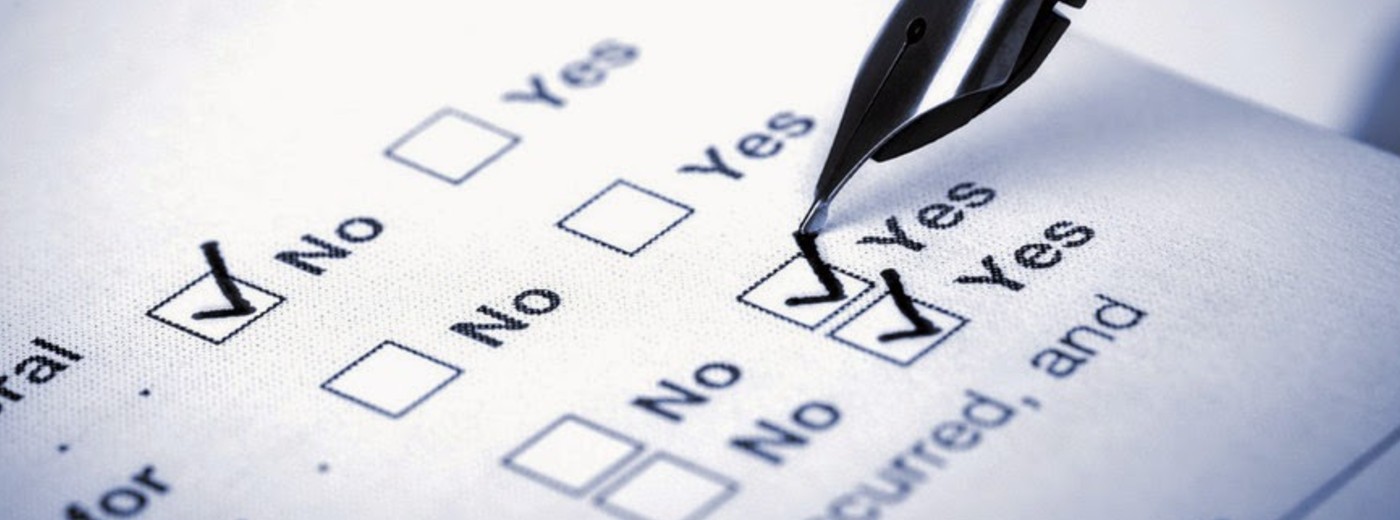Alcohol and other drug (AOD) treatment services in Australia must begin collecting data about the sexuality and gender identity of clients or the treatment needs, experiences and outcomes of LGBTQ people will continue to remain largely invisible, according to AOD and LGBTQ health advocates in a new journal article.
The peer-reviewed paper titled ‘The sector is ready, and the community needs Australian alcohol and other drug treatment services to ask about sexuality and gender identity’, and to be published in the Drug and Alcohol Review, argues that the recent publication of the ‘2020 Standard’ by the Australian Bureau of Statistics paves the way for the meaningful inclusion of LGBTQ people within routinely collected AOD service data.
The ‘2020 Standard’ outlines how to record and collect information about sex, gender, variations of sex characteristics and sexual orientation.
Nicolas Parkhill, CEO of ACON, NSW’s leading LGBTQ health organisation, said that the accurate collection of sexuality and gender diverse data was critical to the provision of effective and meaningful AOD support services for LGBTQ communities.
“It is critical that members of our communities have the opportunity to share clinically important information about their sexuality and gender identity across all health settings,“ Parkhill said.
“Given longstanding and comprehensive Australian and international evidence indicating that sexuality and gender diverse people have unique service and information needs when it comes to alcohol and other drugs, we need AOD treatment services to routinely record data about our communities.”
Reflecting on the publication of the 2020 Standard earlier this year, Parkhill added: “The need to routinely collect sexuality and gender data within services has long been an urgent need. Prior to the publication of the 2020 Standard data inclusion was considered too difficult.
“The need to collect sexuality and gender data remains urgent however thanks to the publication of the 2020 Standard, this data collection is now achievable. Minimum datasets must now incorporate the 2020 Standard, to enable services to start collecting data on sexuality and gender.”
University of Sydney Associate Professor Julie Mooney-Somers, who specialises in LGBTQ health and AOD research and is a co-author of the Drug and Alcohol Review commentary, said: “Research shows that sexuality and gender diverse Australians use drugs and alcohol at heightened rates, experience related harms and access drug treatment services more than members of the general population.”
“Without routine data collection of identity markers, we don’t know that LGBTQ people accessing treatment in Australia are receiving equitable care or experiencing equitable outcomes.”
Together ACON and the Network of Alcohol and Other Drug Agencies (NADA), the NSW peak for non-government AOD organisations, argue that recording data about sexuality and gender identity within treatment services is a fundamental step towards realising long articulated drug and policy priorities.
NADA CEO Robert Stirling said: “Australian drug policies have long recognised the specific AOD service needs of sexuality and gender diverse people. Despite this recognition, national and state-based datasets for both government and non-government AOD treatment services do not include sexuality and gender indicators, meaning that most Australian AOD services are not being supported to collect sexuality and gender data. This lack of data collection makes it difficult to provide services that are evidence informed and responsive to the needs of lesbian, gay, bisexual, transgender and queer Australians.”
The soon to be published Drug and Alcohol Review article references ACON and NADAs joint advocacy and workforce training initiatives that aim to support AOD treatment services to collect sexuality and gender identity data.
NADA’s clinical director Suzie Hudson said: “At NADA, we’ve supported non-government AOD treatment services in NSW to start collecting data on sexuality and gender identity. The progress that we’ve made on this in NSW demonstrates that with appropriate training and support, AOD treatment providers can and do collect important data about sexuality and gender.”
“This information increases the ability of treatment providers to provide clinical care that is responsive to the needs and experiences of their LGBTQ clients.”
Training programs to support service providers to collect data about sexuality and gender identity and to provide inclusive AOD services for LGBTQ people have been developed and delivered by ACON and NADA since 2016.
Access the Drug and Alcohol Review article here.
ENDS
For more information please contact: David Alexander, ACON Media and Communications
E: [email protected] T: +61 (02) 9206 2044 M: +61 (0)428 477 042

